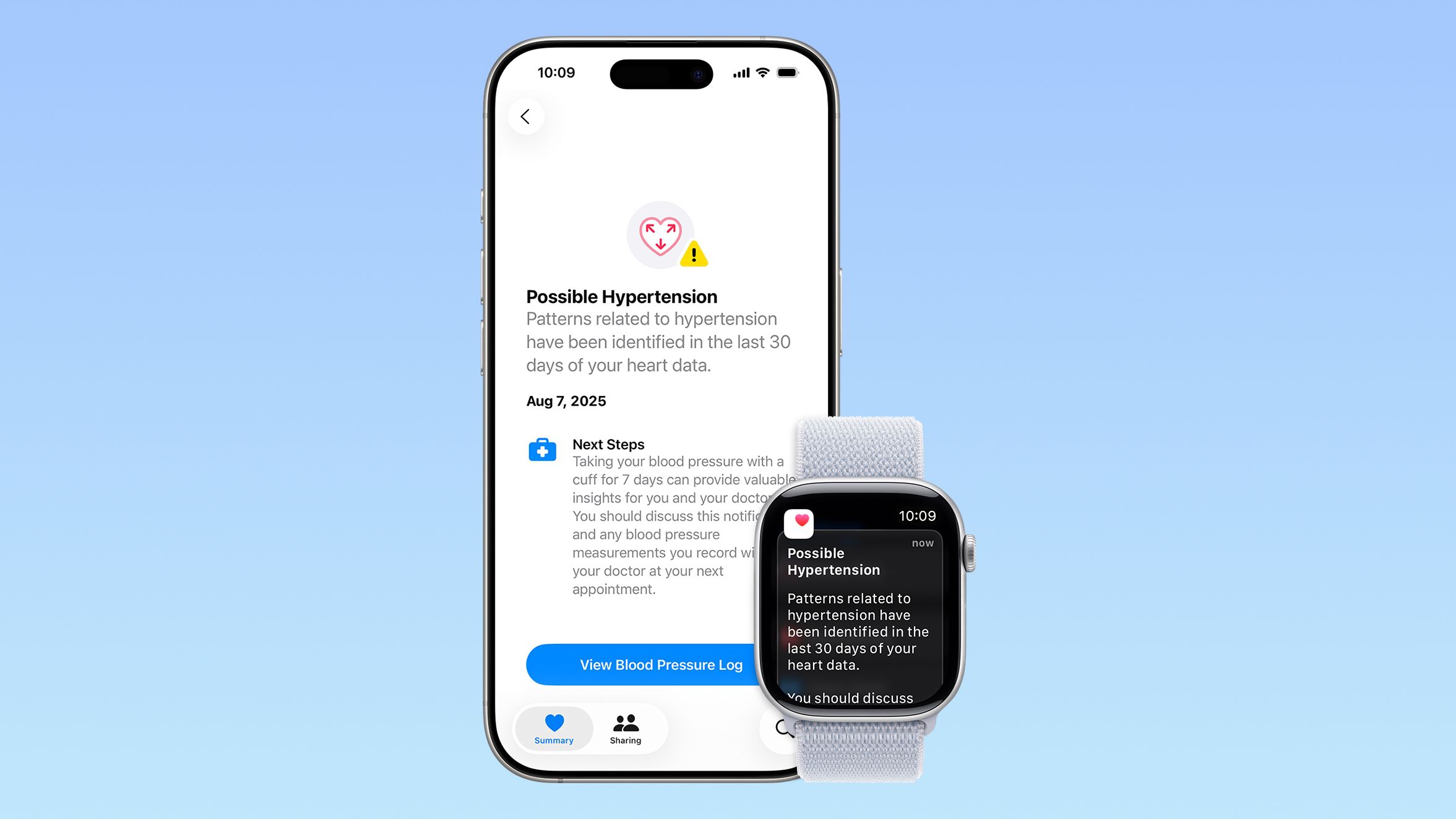Emotional eaters may see fewer results from blockbuster weight loss drugs like Ozempic, a study suggests.
Researchers in Japan tracked nearly 100 people with type 2 diabetes over the course of their first year taking GLP-1 agonists like Ozempic, Wegovy and Mounjaro.
At three different points they collected data on the patients’ weight, diet and blood markers like glucose and cholesterol, as well as asking about their relationship with food.
The team then divided participants into three groups based on their eating behaviors. These included emotional eating, where a person eats in response to negative emotions; external eating, or eating because a food looks good rather than hunger; and restrained eating, or controlling diet to lose weight.
They found that all participants experienced weight loss and drops in vital health markers like cholesterol and A1C, which measures the amount of glucose in the blood.
All participants also initially were less likely to emotionally eat. But after a year, emotional eaters generally went back to their old behaviors, hampering their weight loss progress.
External eaters, however, continued cutting back on the practice throughout the experiment, suggesting Ozempic and similar drugs may be more beneficial for external eaters than emotional eaters.
The researchers are unsure exactly why emotional eaters were more likely to rebound, but they suggested it may be because their behavior is rooted in deeper psychological issues like depression and anxiety.

Researchers in Japan found that people who tend to ’emotionally eat’ benefitted less from GLP-1 medications like Ozempic (stock image)
Professor Daisuke Yabe, senior study author and professor of medicine at Kyoto University in Japan, said: ‘Pre-treatment assessment of eating behavior patterns may help predict who will benefit most from GLP-1 receptor agonist therapy.
‘GLP-1 receptor agonists are effective for individuals who experience weight gain or elevated blood glucose levels due to overeating triggered by external stimuli.
‘However, their effectiveness is less expected in cases where emotional eating is the primary cause.’
The findings come as one in eight US adults has reported taking Ozempic or similar medications at least once for diabetes or weight loss.
And previous research estimates about one in five Americans reports emotionally eating ‘often or very often’ due to stress or other negative emotions.
The new study, published Tuesday in the journal Frontiers in Clinical Diabetes and Healthcare, looked at 92 Japanese adults who had been diagnosed with type 2 diabetes.
The average age was 58, and just over half of participants were men. They had lived with type 2 diabetes for an average of 12 years, and their average body mass index (BMI) was 30, which is considered obese.
About 40 percent were given oral semaglutide, the active ingredient in Ozempic and Wegovy, while 32 received the injectable form of the drug. Another 12 percent took dulaglutide, found in the weight loss drug Trulicity, and eight percent took liraglutide, which is in Victoza and Saxenda.
Researchers followed up with participants at the start of the study, as well as after three months and one year, assessing weight, BMI, waist circumference, blood sugar (glucose), cholesterol and triglycerides, fats stored in the body’s cells and used for energy.
They were also given questionnaires on their eating habits and put into groups based on emotional, external and restrained eating.

The above graph shows changes in emotional, restraint and external eating at baseline, three months and 12 months. Higher scores indicate increases in the associated behaviors, while lower scores indicate decreases

The researchers suggested people who emotionally eat may have underlying mental health issues that need to be addressed before Ozempic can properly work (stock image)
At the three-month mark, the researchers found participants reported more restrained eating behaviors and fewer behaviors associated with emotional or external eating. But by the 12-month mark, restrained and emotional eating behaviors returned to their baseline.
External eating, however, continued to decrease over the year.
This suggests people who tended to practice emotional eating were more likely to return to the unhealthy habit than those who practice external eating, resulting in less weight loss over time.
Dr Takehiro Kato, second study author and professor at Gifu University in Japan, said: ‘One possible explanation is that emotional eating is more strongly influenced by psychological factors which may not be directly addressed by GLP-1 receptor agonist therapy.
‘Individuals with prominent emotional eating tendencies may require additional behavioral or psychological support.’
There were several limitations to the study, including the small sample size. The researchers also emphasized that the study shows associations between emotional eating and the effectiveness of GLP-1 agonists rather than direct causes.
However, the team noted the findings could spark future research looking at the psychological barriers reducing the effectiveness of drugs like Ozempic and Wegovy.
Professor Yabe said: ‘While our study suggests a potential association between external eating behavior and treatment response to GLP-1 receptor agonists, these findings remain preliminary.
‘Further evidence is necessary before they can be implemented in clinical practice. Should future large-scale or randomized controlled trials validate this relationship, incorporating simple behavioral assessments could become a valuable component in optimizing treatment strategies.’
Source link

